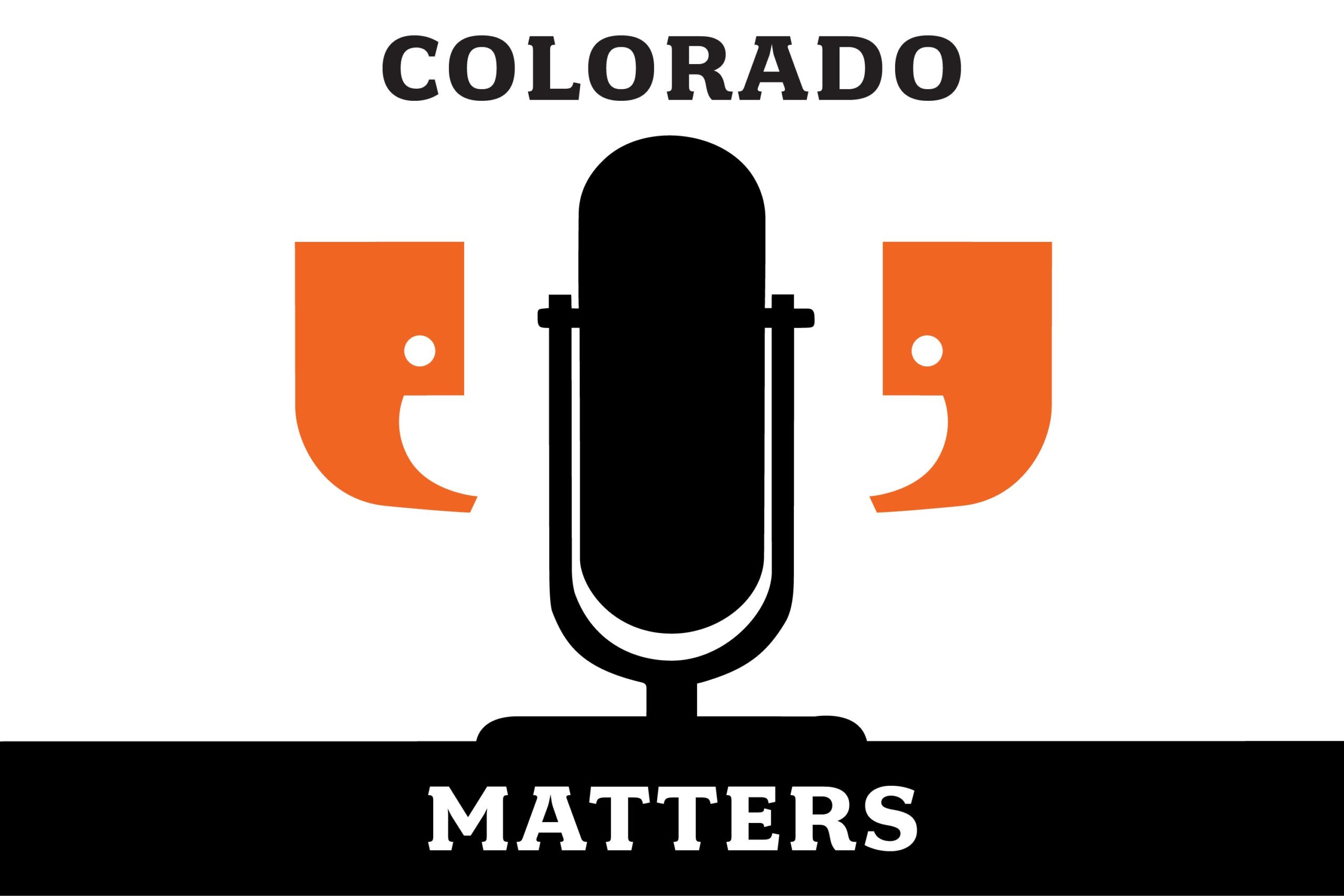
What are monoclonal antibodies and how do they treat COVID-19?
A lot remains elusive about COVID-19 including what to expect from the new Omicron variant. But a few things scientists do know: the vaccine offers the best protection yet against the virus and severe illness. And, more recently, that monoclonal antibodies help prevent people with COVID from getting very sick.
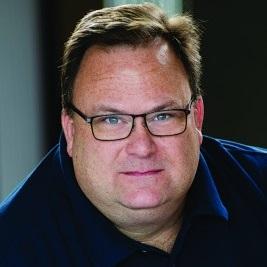
By Carl Bilek

Helping search and rescue crews deal with their own stress and trauma
We think of backcountry rescuers as the toughest of the tough; volunteers who save, or recover, people after avalanches, falls, crashes and other calamities. But the mental toll of responding to disaster after disaster means these rescuers sometimes need help themselves. A new state law has created a rescuer support program, which will eventually be available to teams across Colorado. Summit County’s busy search and rescue operation is part of the pilot program. Aaron Parmet is the medical officer there. He joined us from Keystone.

By Carl Bilek
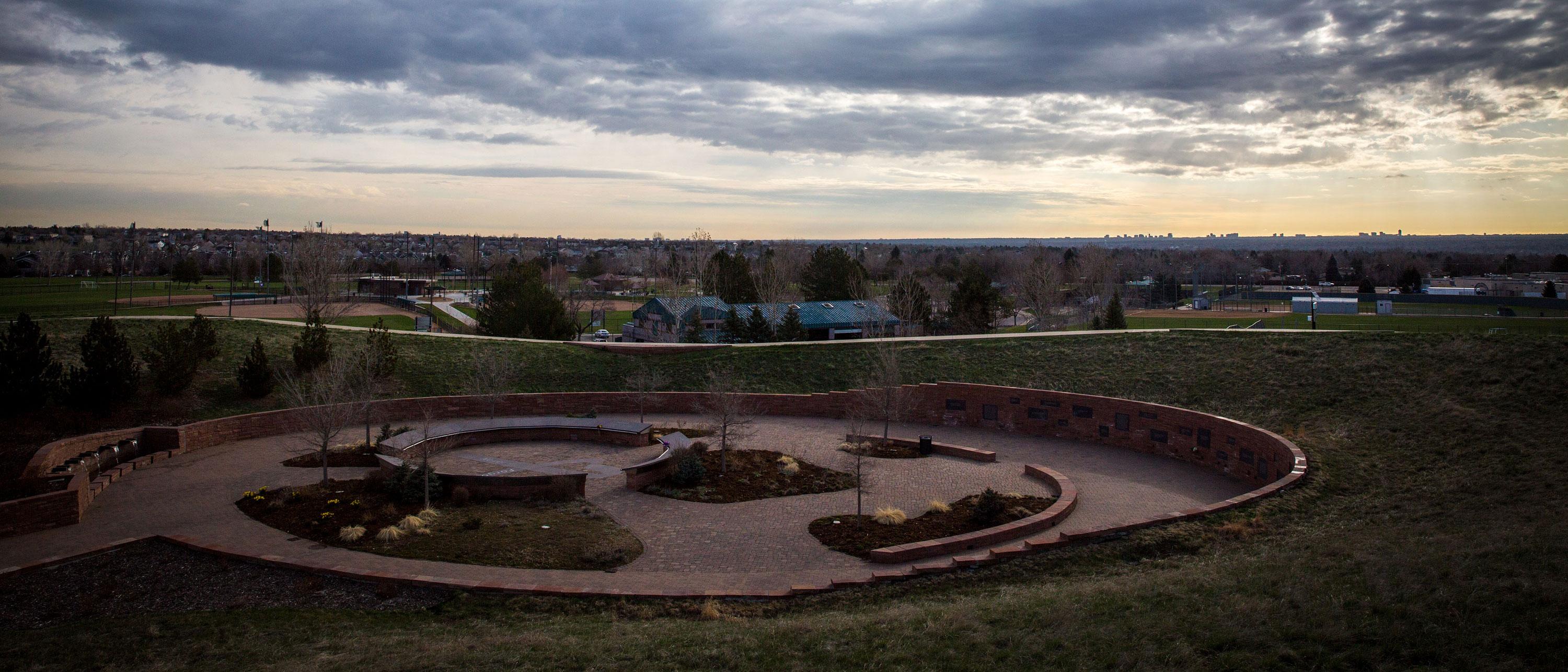
Audio recordings offer insight into NRA strategizing after Columbine
The National Rifle Association has long held a position that after mass shootings the gun debate which usually follows is about politics, not public safety. We now know that messaging first took shape after 12 students and a teacher were killed at Columbine High School in 1999. NPR investigative correspondent Tim Mak obtained never-before-made-public recordings among NRA leadership as they strategized a response to the attack the next day.

By Carl Bilek
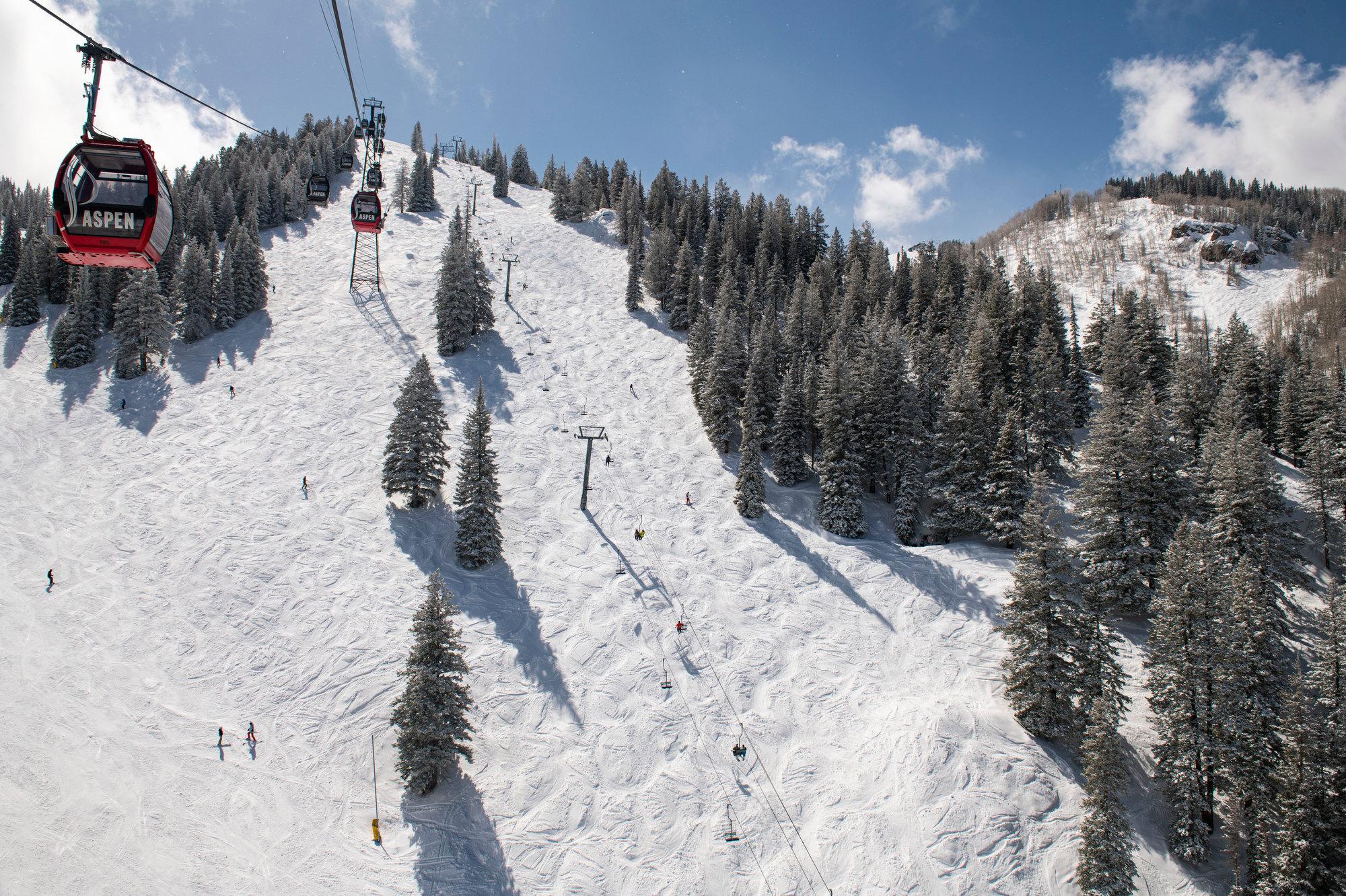
Colorado’s working to welcome back international and business travelers
The pandemic hit the tourism industry hard in Colorado. Travel spending was down 36 percent last year but there’s renewed hope heading into the winter ski season. Tim Wolfe is the new director of the Colorado Tourism Office. He talks about efforts to attract international travelers back to the state, along with business travelers. We also ask about travel equity and sustainable tourism.

By Carl Bilek
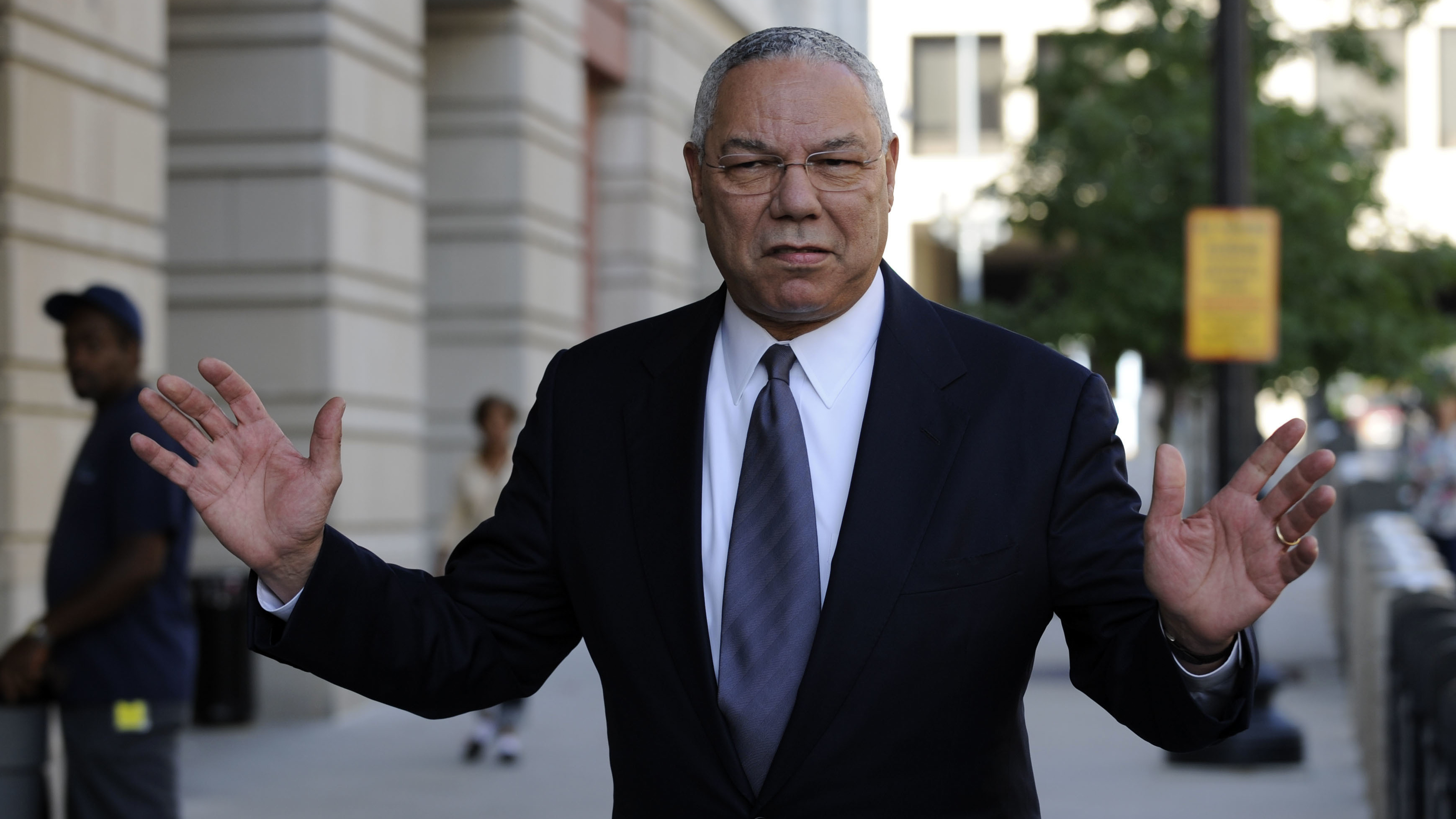
Gen. Colin Powell reflects on leadership and lessons learned with the Aspen Institute
General Colin Powell was known as the “favorite of presidents,” a military leader and the first Black U.S. Secretary of State. He died Monday at age 84. Powell’s being remembered as an American hero who put country first. In 2012, General Powell spoke with Walter Isaacson in front of an audience at The Aspen Institute. They talked about his book, “It Worked for Me: In Life and Leadership.”

By Carl Bilek
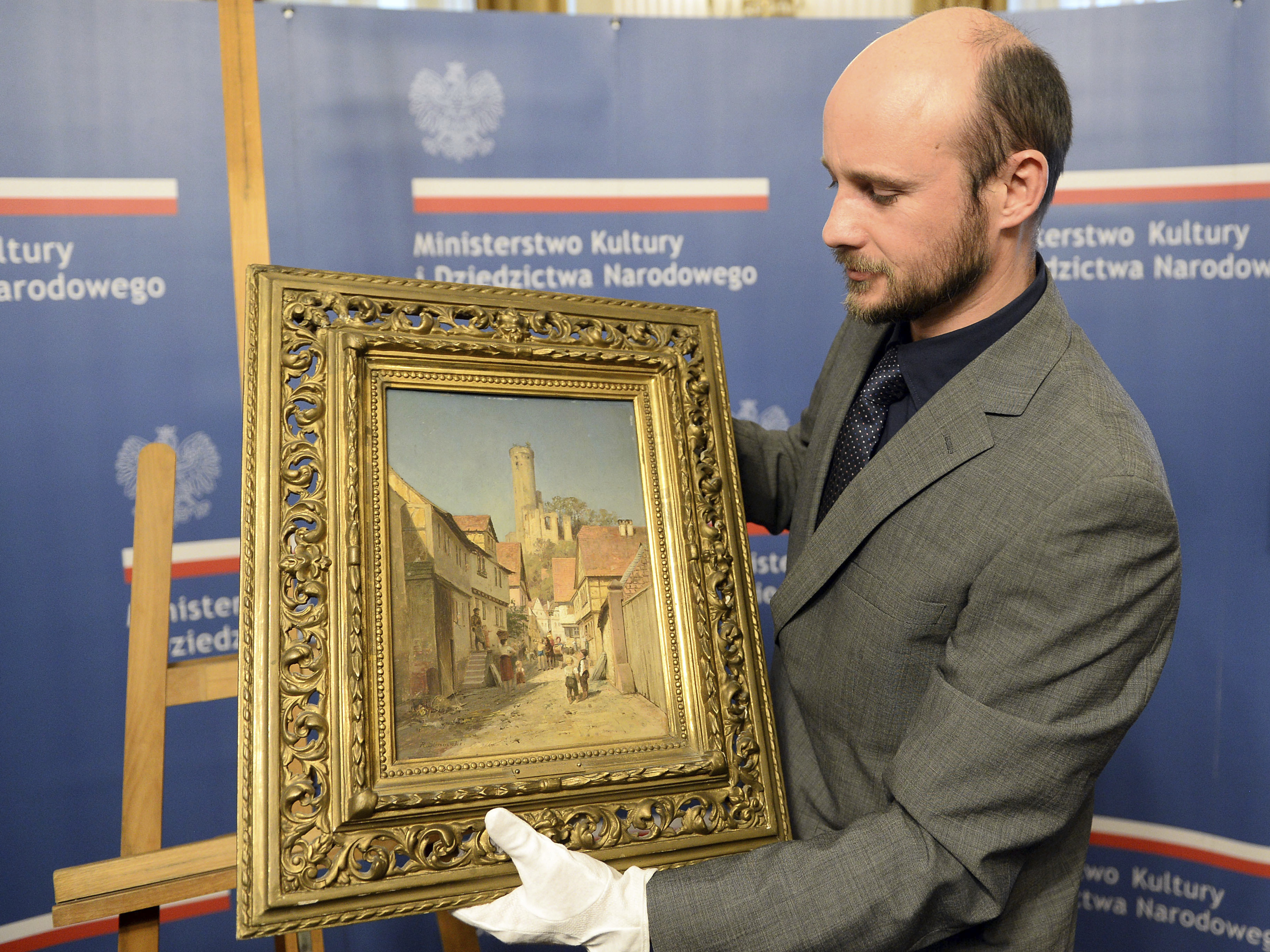
Returning ill-gotten art and artifacts
Returning art to its original and rightful owners is a huge discussion these days in the larger context of colonialism and conquest. And it’s something associate history professor at the University of Denver, Elizabeth Campbell, has dedicated a career to. She directs DU’s Center for Art Collection Ethics.

By Carl Bilek
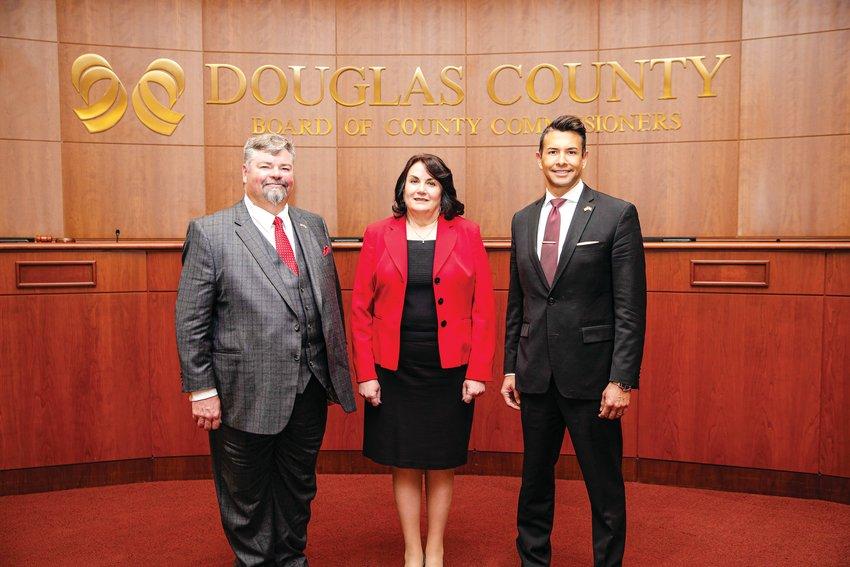
The Process To Create A New Public Health Department In Douglas County
A school mask mandate has led Douglas County to split from the Tri-County Health Department and to form its own health department. Elliott Wenzler is a reporter for Colorado Community Media and covers Douglas County. She explains what led to this point and what happens next.

By Carl Bilek
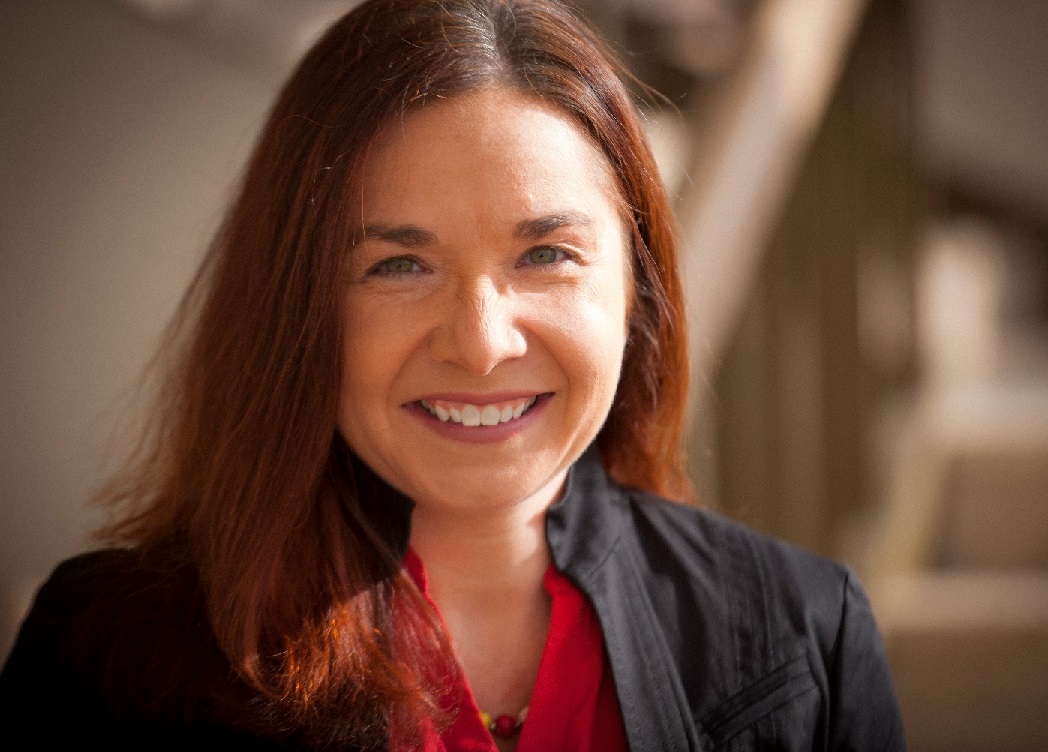
‘A Climate Scientist’s Case For Hope And Healing In A Divided World’
When she talks about climate change, scientist Katharine Hayhoe has a powerful tool: Her faith. Hayhoe is an evangelical Christian and directs The Climate Science Center at Texas Tech University. On Tuesday, her new book comes out: “Saving Us: A Climate Scientist’s Case for Hope and Healing in a Divided World.” We spoke in 2018 when she was in Colorado to work with researchers here.

By Carl Bilek

A Castle Of Cans Holds Special Connection For Its Creator
There’s a proverb that one mans’ trash is another man’s treasure. That might be true for a unique home in Antonito. It’s known as Cano’s Castle. It’s covered in old hub caps, aluminum cans, and other scrap metal and objects. Denverite’s Kevin Beaty stopped by and talked with its “king,” Dominic “Cano” Espinoza.

By Carl Bilek
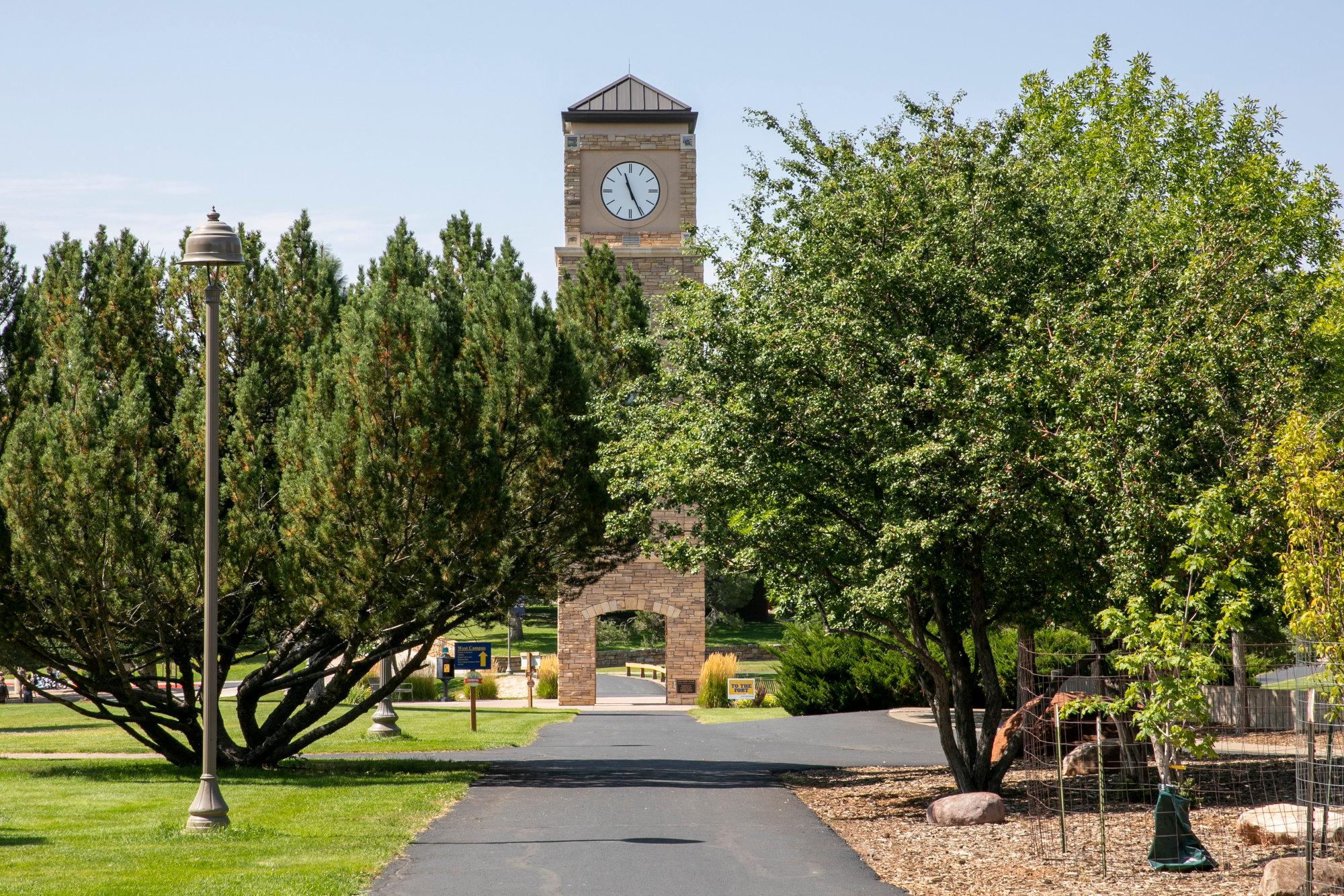
Fort Lewis To Remove Offensive Clocktower Panels As It Reckons With Its Past
At Fort Lewis College in Durango today, more than a third of the students are Indigenous. It waives tuition for people who are Native American and Alaska Native, and inclusive education is part of its mission. But its history is steeped in violence against Native people, first as a military post to combat tribal nations and then as a boarding school to force Native children to assimilate to Eurocentric culture.

By Carl Bilek
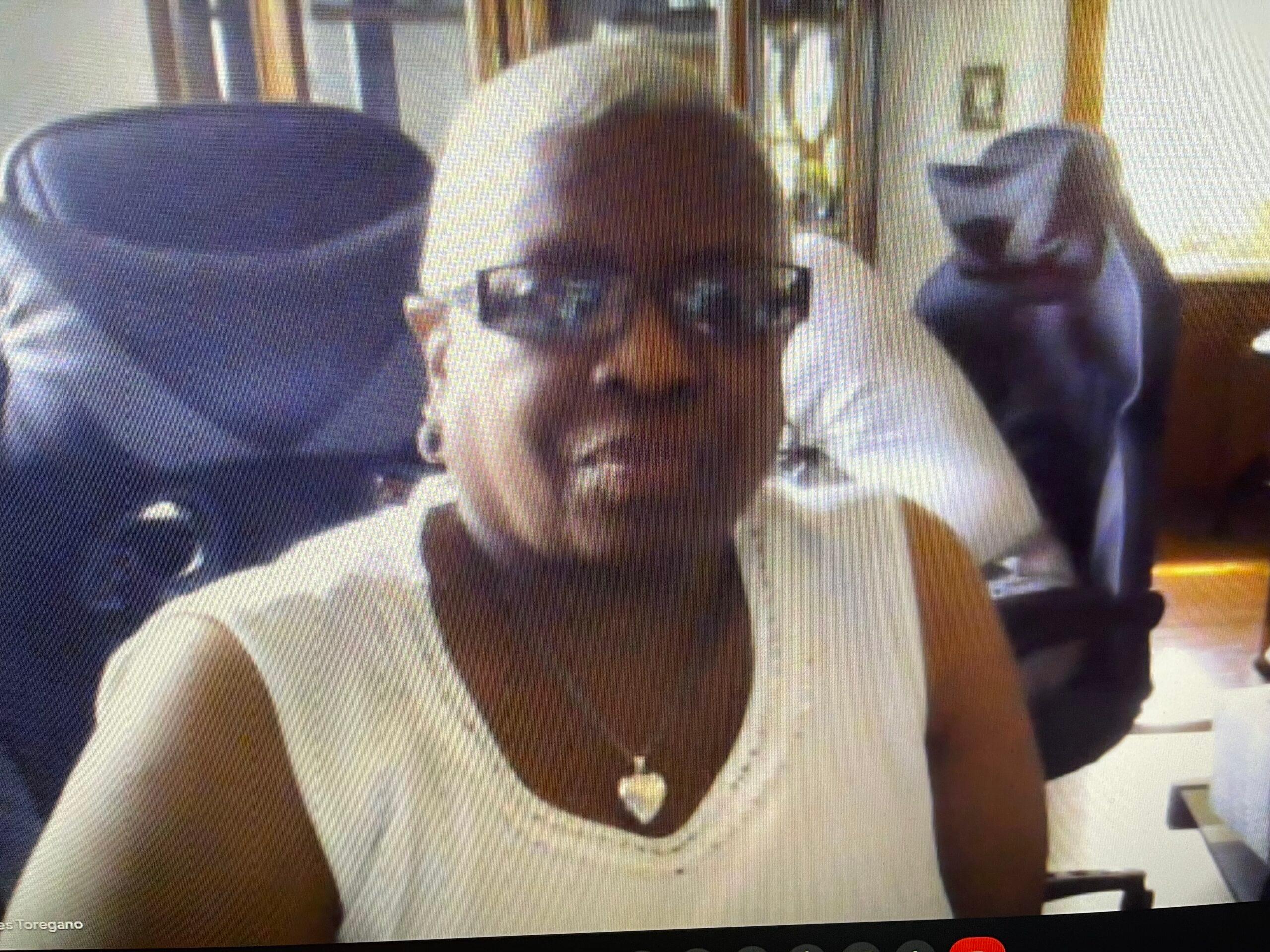
Hurricane Ida Hits Close To Home For Katrina Refugee In Denver
Mercedes Toregano relocated to Denver after Hurricane Katrina hit New Orleans 16 years ago. Now, her adult children and sister are dealing with the aftermath of Hurricane Ida. Toregano reflects on the parallels between the two storms and her hope for how New Orleans recovers.

By Carl Bilek
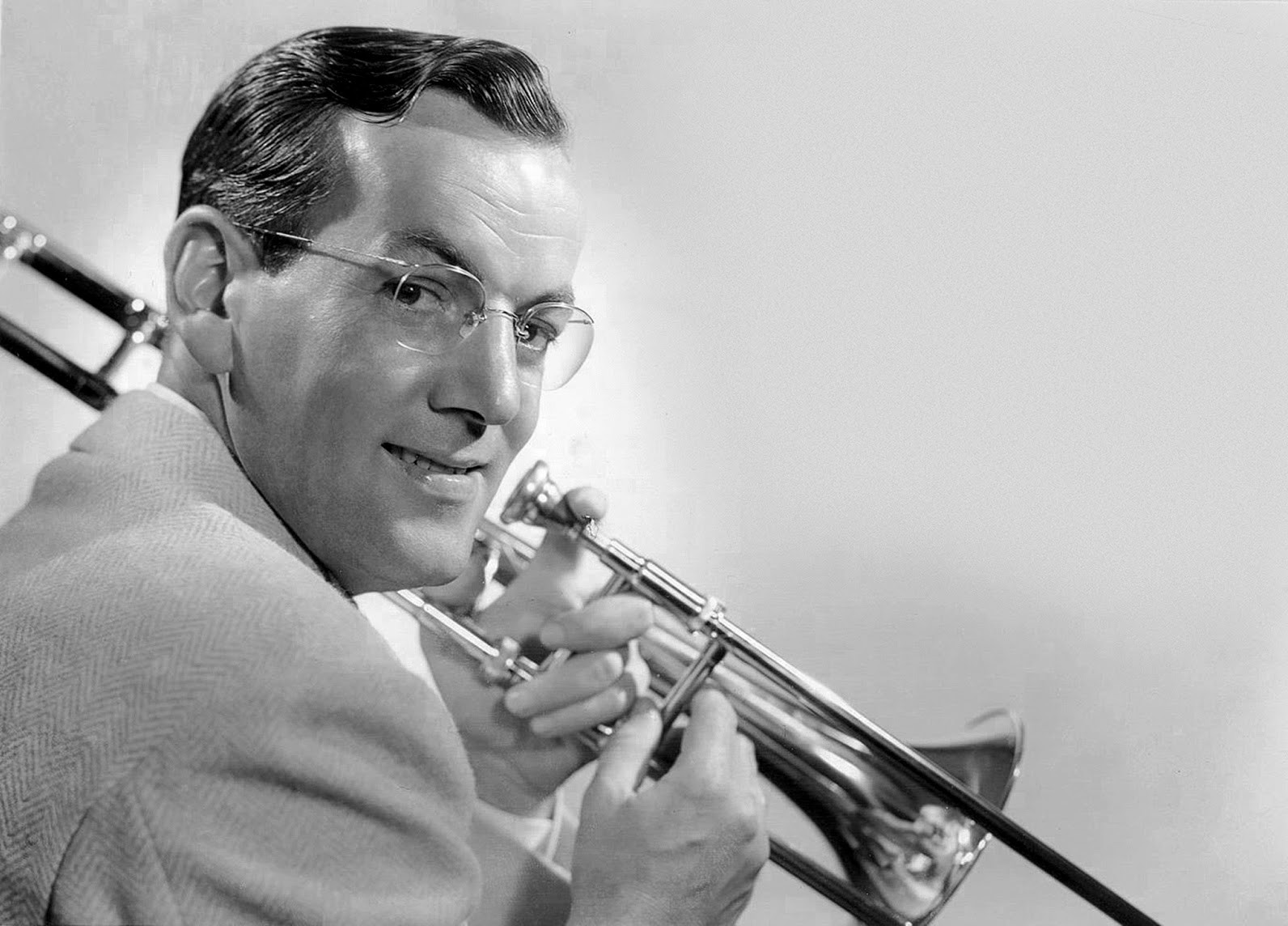
Glenn Miller: Fort Morgan High School’s ‘Most Famous Graduate’
Fort Morgan is proud to call Miller one of its own. He’s considered the high school’s “most famous graduate.” Miller was a star player on the football team. We’ve seen menu items here named after him. Our producer Carla Jimenez spied a ton of books about him at the local library. Miller attended CU Boulder before hitting it big as a big band leader. But his death is shrouded in mystery. In 1944 he was an Army major headed to France– to perform for allied troops. His plane went down in the ocean. Dennis Spragg is an expert in all things Miller and wrote a book about his findings. Ryan spoke with him in 2014 — as he unraveled what might’ve happened.

By Carl Bilek
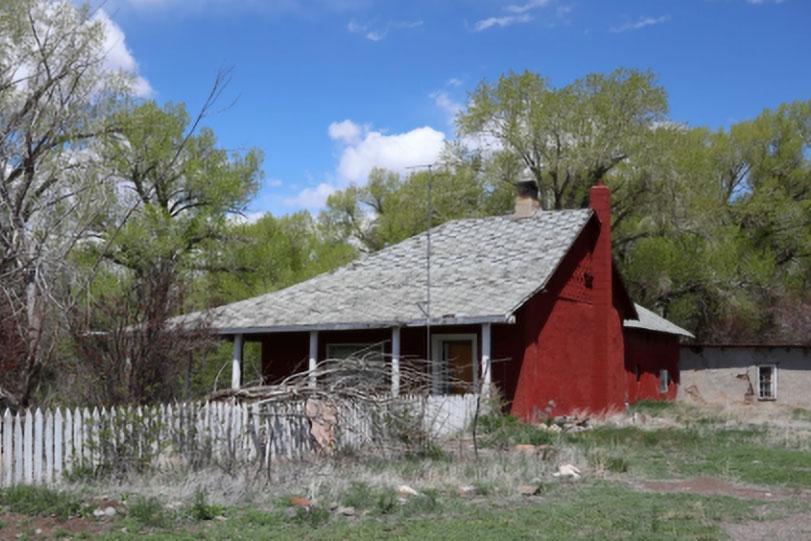
The Evolution Of Preserving Historic Places In Colorado
What endangered places in Colorado are worth saving? And how do they reflect the state’s underrepresented and native communities, which can all too often get overlooked? That’s the evolving mission of Colorado Preservation Inc., which is now accepting proposals for what to consider adding to next year’s list as it marks its 25th anniversary.

By Carl Bilek

One Activist’s Fight To Make Sure Afghan Women And Girls Aren’t Abandoned
Shannon Galpin is a human rights activist who’s lived in Summit County for the last two decades. She started the non-profit “Mountain 2 Mountain,” which taught Afghan women to ride bicycles… vehicles, she says, for social justice. Many of the women Galpin worked with now fear for their lives and she’s trying to help evacuate them — from afar.

By Carl Bilek

Sen. Michael Bennet Says Improving Roads And Infrastructure In Colorado Is A ‘Once-In-A-Lifetime Investment’
The Democratic senator also talked about expanding broadband internet access and extending the Child Tax Credit.

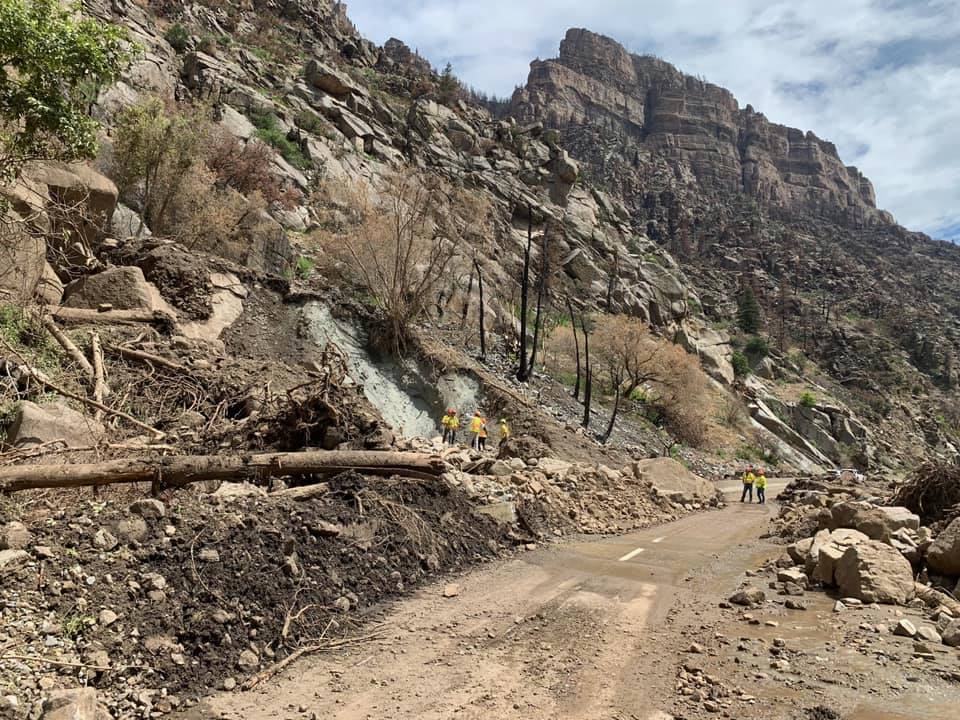
How ‘Back To School’ Became Much More Interesting For One Front Range Family
When I-70 shut down in Glenwood Springs because of mud and debris flows the timing wasn’t ideal for a lot of people. Like Darryl Proctor and his family from Littleton, who are preparing to take their son to Grand Junction for his freshman year at Colorado Mesa University.

By Carl Bilek
